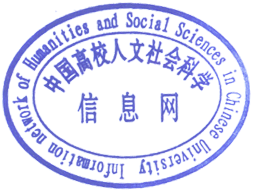活在江户时代的朱子学——以《白鹿洞揭示》为例
作者:陈博恺
关 键 词 :朱子学;白鹿洞揭示;江户时代学科分类:
摘要/Abstract
日本江户时代德川幕府十分重视朱子学,并将其作为官学。当前已有不少研究对在江户时代背景下推行朱子学所具有的特殊意义进行讨论,但缺乏结合朱熹著作的先例。由此本文着重于对朱熹所著且在日本被广泛注解的《白鹿洞揭示》进行逐条解读,由此分析朱子学的核心内容,并结合江户时代“宗教信仰”、“时局变化”、“阶级形态”三个角度进行综合分析,进而论证朱子学在江户时代被推行的意义所在。
During the Edo period, the Tokugawa shogunate in Japan attached great importance to Neo-confucianism and regarded it as an official doctrine at that time. At present, many studies have discussed the special significance of carrying out Neo-confucianism under the background of the Edo period, but there is a lack of precedent combining Zhu Xi's works. Therefore, this paper focuses on the interpretation of Bailudong academy revelation written by Zhu Xi and widely annotated in Japan, and analyzes the core content of Neo-confucianism from the perspectives of religious belief, situation change and class form in the Edo period, and then demonstrates the significance of Neo-confucianism being carried out in the Edo period.

